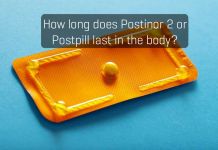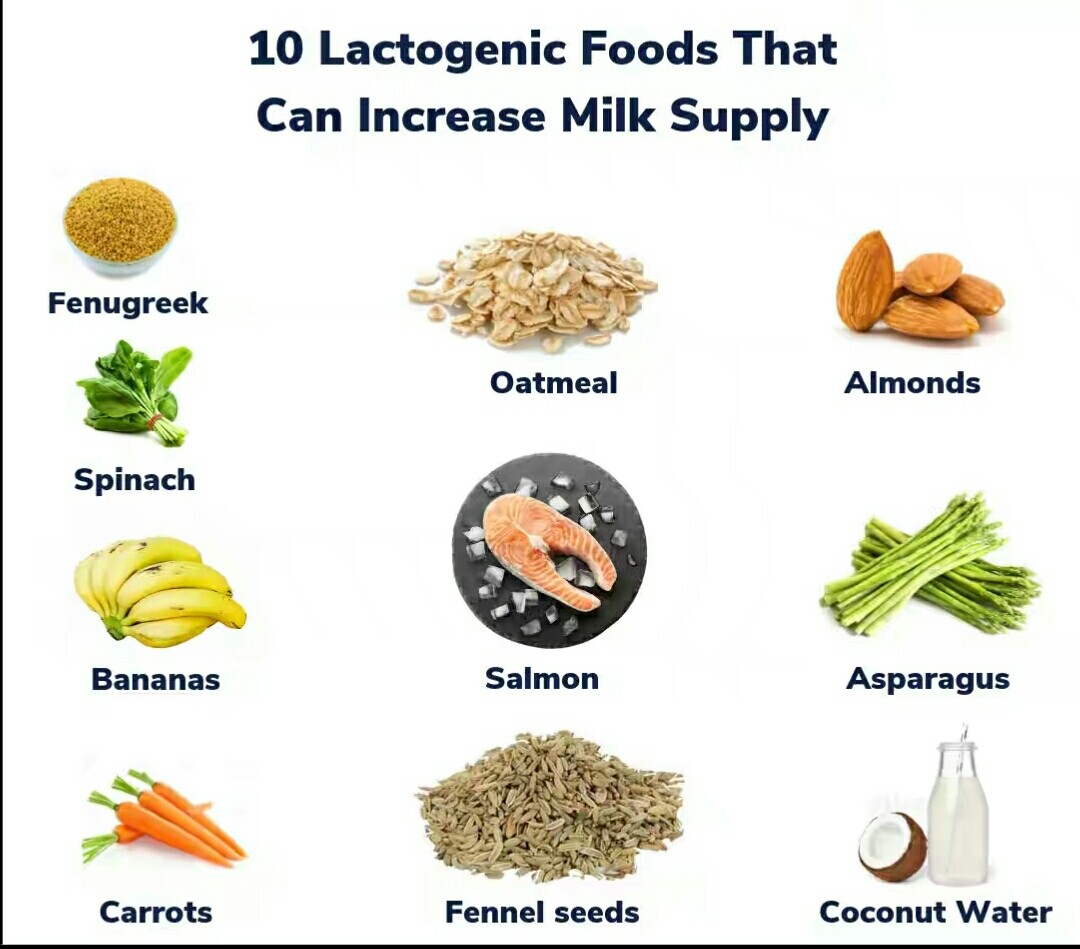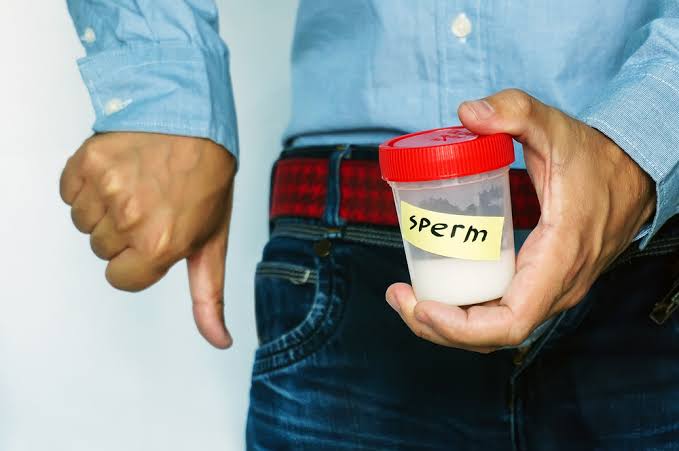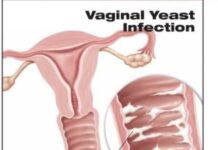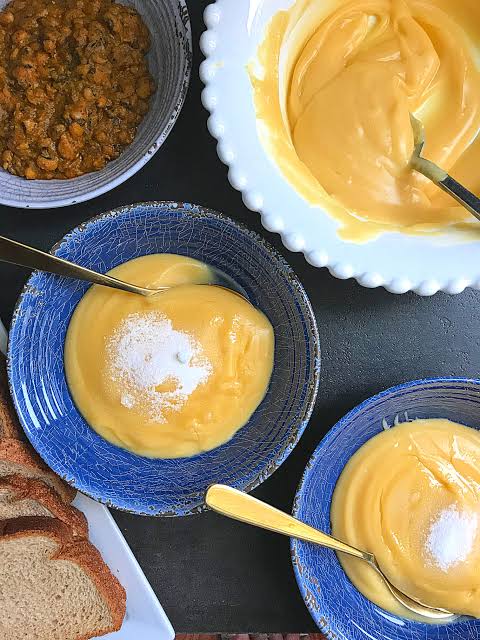What is the IVF success rate in Nigeria? This is a controversial issue as far as IVF in Nigeria is concerned. As of today, IVF is now a billion naira business in Nigeria. About 95% of the IVF/fertility clinics are owned by private individuals or corporations. There is now a very stiff competition among these clinics. To attract prospective customers, fertility clinics either offer IVF promos/price slashing certain seasons of the year or reel out spurious/unscientific/inflated success rates.
In spite of our major breakthrough in IVF, Nigeria keep a very poor IVF statistics. The record of IVF success rate in Nigeria is not out there for prospective childless couples to go through in order to make informed decision.
I bumped into an interview granted by an IVF expert- Dr. Ajayi Abayomi, the Medical Director of Nordica Fertility Centre where he gave a very candid opinion of IVF success rate in Nigeria and the financial cost burden of failed IVF on couples. I decided to share with you.
******************This is his candid opinion****************
“Studies have confirmed that about couples 45 percent of couples fail to have a child with their first IVF cycle. So determination is the rule of the game in IVF.
Results of latest researches have shown that IVF is less expensive when purchased than as a multiple-cycle package than as a single package.”
He further explained that: “women under the age of 40 should be offered at least three IVF cycles, especially if they have failed to conceive naturally for two or more years.”
Dr Ajayi advised women to go for multiple IVF cycles, noting that one IVF cycle is more expensive than the multiple package.
He cited a study published in the Medical Journal of Australia, which reported that women who undergo multiple cycles of IVF are more likely to have a baby.
Making reference to the journal, Ajayi explained that, ” the rates of IVF success are higher for younger women, and couples have been known to have up to 65% success rate after six attempts, after which the chance of a baby increases with subsequent cycles.
At present, women, who are trying IVF are counselled about the low chances of success before they start the treatment.”
Speaking further on the study, he said the research looked at chances of having a baby successfully after several rounds of IVF or other types of assisted reproduction techniques (ART).
He said, “Until now, there was no data on the success rates of multiple cycles in relation to single or a couple of cycles of IVF.”
The fertility expert explained further: “Overall, live births rates were 32.7% after the first cycle and 54.3% at the end of the eighth cycle, according to conservative estimates. The rates are 77.2 percent after eighth cycle as per optimal estimates.”
READ ALSO: 5 COUPLES GIVE THEIR IVF TESTIMONIES
He further explained, ” in women, who started IVF before 30 years, the success rate after first cycle was 43.7 percent and rose to 69.2 -92.8 percent at the seventh cycle.”
On IVF success rate in Nigeria, Dr Ajayi advised couples to make the true success rate of fertility clinic a criteria to choose IVF clinic before seeking treatment.
” There are certain factors that couples might want to consider when choosing a fertility clinic, such as the implementation of Universal Best Practices in IVF treatment, experience and track record of the clinic and collaboration with international clinics,” he added.
In conclusion, WINFertility summarizes it all……..with the quote below.
“Your chances of succeeding on your first IVF cycle depend on your age and whether you are using your own eggs or using donor eggs from a young woman, the cause of your infertility, what kind of treatment your doctor prescribes, the fertility centres expertise, and luck/fate/divine intervention.”
I hope the excerpts have answered your questions on IVF success rate in Nigeria?
Culled from the Independent




